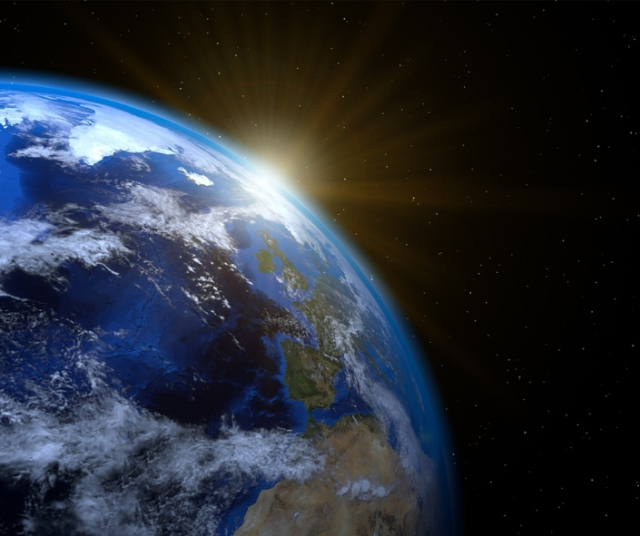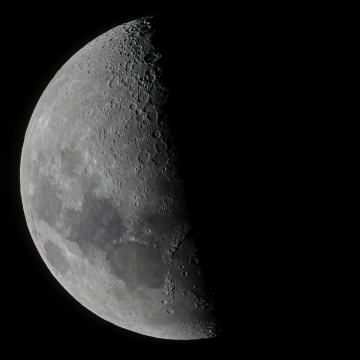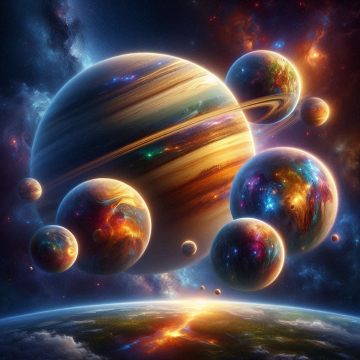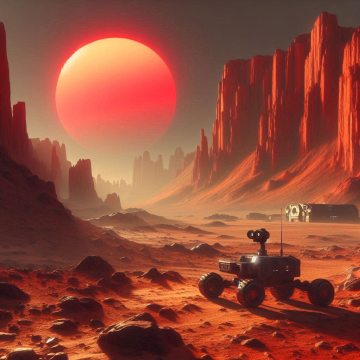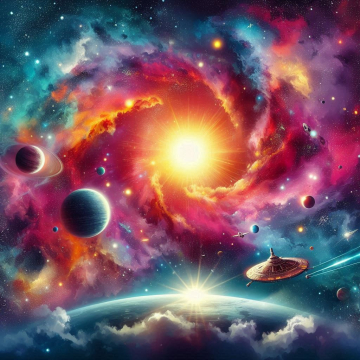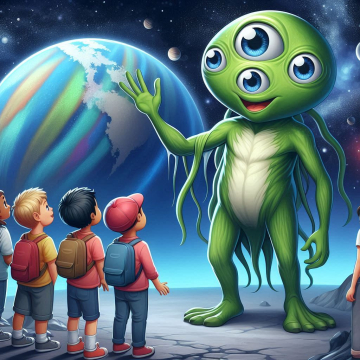The Moon, our eternal celestial companion, has inspired myths, poetry, and space exploration throughout human history. However, have you ever wondered what would happen if the Moon, that resplendent satellite that illuminates our nights, simply ceased to exist? This hypothetical scenario leads us to explore the complex and fascinating consequences that a lunar absence would have on our Earth and on all aspects of life as we know it. In this extensive article, we will venture on a journey of scientific speculation and reflection, exploring the physical, climatic and cultural impacts that would arise if the Moon disappeared from our night sky.
Gravitational Impact: Waves of Changes on Earth.
Runaway Tides: The End of the Lunar Rhythm.
One of the most obvious consequences of the disappearance of the Moon would be the loss of tides as we know them. The Moon, with its gravitational power, is responsible for the tides on Earth. Without it, the tides would be altered, becoming less pronounced and ultimately losing their predictable and constant rhythm.
Orbital Instabilities: Changes in the Celestial Dance.
The Moon also plays a crucial role in Earth's orbital stability. Its presence acts as a stabilizer, helping to maintain the tilt of the Earth's axis at a relatively constant angle. The absence of the Moon could lead to more pronounced variations in the Earth's axial tilt, leading to more extreme seasonal changes and more unpredictable weather.
Dark Nights and Absent Lights: The Change in the Night Sky.
Strangely Dark Nights: The Lack of the Moon as a Light Source.
Without the Moon, the nights would be considerably darker. The Moon reflects the light of the Sun and disperses it on the Earth, softly illuminating our nights. Without this nighttime beacon, stars and other celestial bodies would be more visible, but the prevailing darkness could have an impact on the nightlife of various species and on our own nocturnal activities.
Loss of Eclipses: The End of a Celestial Show.
Eclipses, impressive phenomena full of symbolism, would be a thing of the past. The Moon, fundamental in the creation of lunar and solar eclipses, would no longer be present to align with the Sun and Earth. This change would deprive humanity of a cosmic spectacle that has amazed civilizations throughout history.
Climate Changes: A World without the Moon.
Variations in Temperature: Impact on Global Climate.
The Earth's climatic stability would also be affected. The Moon helps regulate the tilts of the Earth's axis, maintaining a uniform distribution of sunlight on the surface of our planet. Without it, seasonal variations could become more extreme, with regions experiencing more pronounced changes in temperatures throughout the year.
Changes in Ocean Currents: Reorganization of the Seas.
Ocean currents, largely influenced by lunar tides, would undergo significant alterations. The disappearance of the Moon could lead to changes in ocean circulation, affecting weather patterns and causing transformations in marine ecosystems.
The Evolution of Life: Adaptations and Challenges.
Changes in the Reproductive Cycle: Lunar Influence on Nature.
The reproduction of various species, especially those that depend on lunar cycles, would be affected. Animals that reproduce in sync with lunar phases could face challenges in the Moon's absence, while other species could adapt to new reproductive patterns.
Navigation and Orientation: Loss of a Celestial Guide.
The disappearance of the Moon would have an impact on the navigation of various species, from migratory birds to marine animals. Many of them use the lunar phases and their position in the sky as a guide for orientation and migration. Adaptation to a new celestial panorama would be an evolutionary challenge.
Cultural Influence: The Moon in Art, Mythology and Society.
Loss of Artistic Inspiration: A Less Poetic Sky.
The Moon has been an inexhaustible source of inspiration for artists, poets and musicians throughout history. Its disappearance would leave a poetic void in our culture, depriving us of a universally appreciated symbol that has fueled human creativity since ancient times.
Myths and Beliefs: Changes in the Collective Imaginary.
In various mythologies and cultural beliefs, the Moon occupies a prominent place. Its disappearance could trigger changes in the collective imagination and in the symbolic interpretations associated with the Moon in different cultures around the world.
Scientific Considerations: Is it Conceivable that the Moon Disappears?
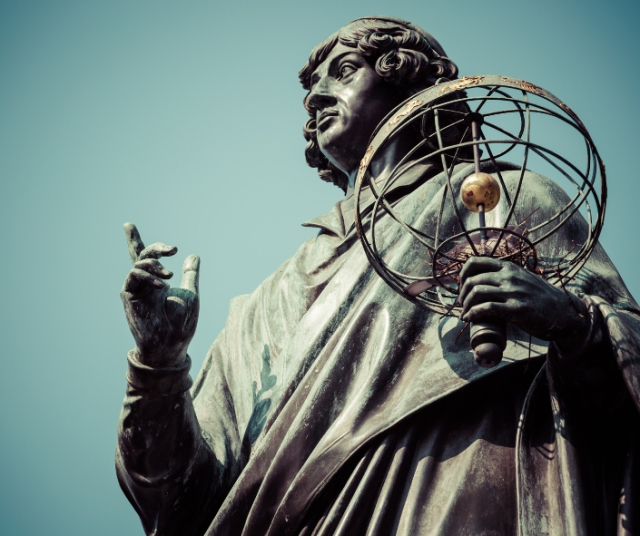
Unlikely Scenarios: The Scientific Challenges of the Lunar Disappearance.
From a scientific point of view, the complete disappearance of the Moon is a highly unlikely scenario. The Moon is a fundamental component of the Earth-Moon system, and its disappearance would require extreme and unlikely astronomical events, such as a massive collision with another celestial body.
Impact on Orbital Stability: Considerations of Celestial Mechanics.
The Moon plays a crucial role in Earth's orbital stability, and its disappearance would have significant consequences on celestial mechanics. Gravitational interactions between Earth and other planets could become more prominent, generating unpredictable changes in our orbit.
Reflections on a World without the Moon
Imagining a world without the Moon immerses us in an exercise of scientific speculation and cultural reflection. Although this scenario is highly unlikely from an astronomical perspective, it offers us the opportunity to appreciate the complex network of interactions that shape our life on Earth, our natural satellite is very important, we live in a world in which everything plays a role. crucial in the environment.
The Moon, with its constant presence in the night sky, has left an indelible mark on human consciousness and the dynamics of our planet. Contemplating its disappearance invites us to appreciate the delicate cosmic dance that defines our existence and to recognize the unique influence that this modest satellite exerts on the many aspects of our daily lives and on the rich tapestry of the human experience.
